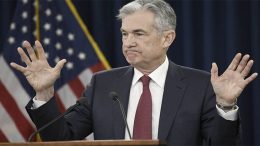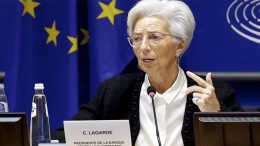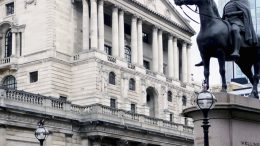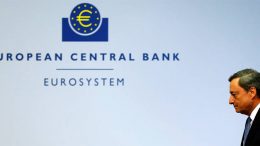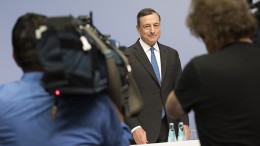Unwinding QE More Difficult Than Expected
J.P. Marín Arrese | Jay Powell was crystal clear in Jackson Hole about his willingness to scale down QE starting by the year close. As the US economy is recovering at full steam and prices skyrocket to a 13-year record, the idea that monetary policy will soon switch from the current over-loose stance to a more neutral one is hardly surprising. His message even sounded dovish as he cautioned against rushing into fighting inflation. He considered its current upsurge temporary, however, dismissing this upsurge might poise an…

